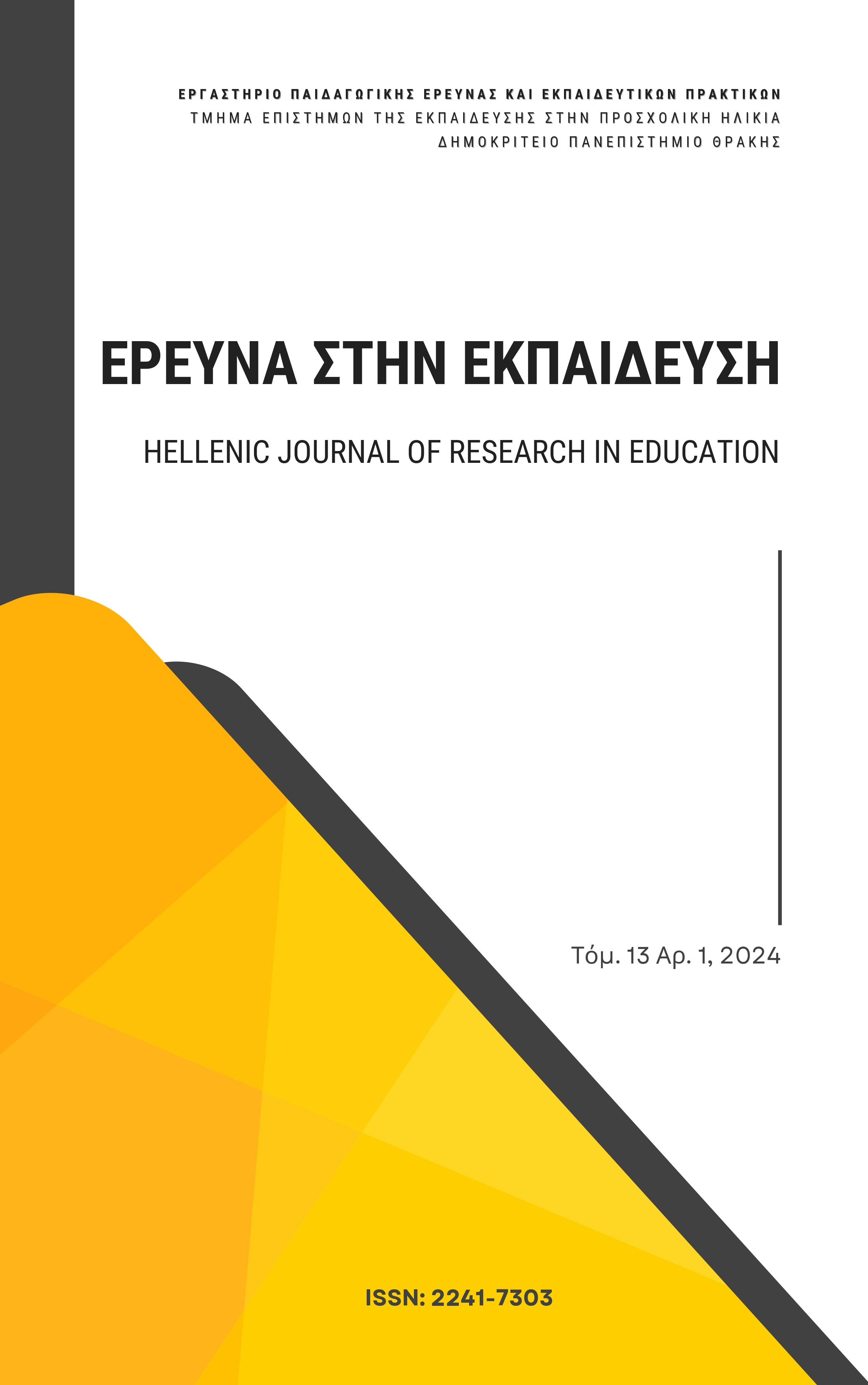Home-school Communication in Greek Secondary Multicultural Educational Settings: Parents’ and Teachers’ perspectives

Abstract
Although it is widely acknowledged that home-school communication, as an aspect of parental involvement, plays a decisive role in children’s educational and socioemotional development, while it promotes social inclusion, especially in multicultural educational settings, the topic has not been adequately explored in Greece, especially in Lower High School. We qualitatively explored teachers’ and parents’ perceptions on home-school communication. The aims of this research were to examine (1) what kind of experiences teachers and parents have from home-school communication, (2) how does gender affects the entire process, and (3) which are the practical suggestions for improvement. The results of this research are the following: different perceptions of effective home-school communication, passive parental involvement, the immigrant status, structural obstacles, cultural and linguistic language diversity, stereotypes, and gender function as obstacles against effective home-school communication. Participants highlighted that possible solutions involve regular home-school communication, home-school collaboration, holistic and flexible practices, translators, and support toward families, especially mothers.
Article Details
- How to Cite
-
Pliogou, V., & Tromara, S. (2024). Home-school Communication in Greek Secondary Multicultural Educational Settings: Parents’ and Teachers’ perspectives. Hellenic Journal of Research in Education, 13(1), 66–88. https://doi.org/10.12681/hjre.36656
- Issue
- Vol. 13 No. 1 (2024)
- Section
- Articles

This work is licensed under a Creative Commons Attribution-NonCommercial-ShareAlike 4.0 International License.
Authors who publish with this journal agree to the following terms:
- Authors retain copyright and grant the journal right of first publication with the work simultaneously licensed under a CC-BY-NC-SA that allows others to share the work with an acknowledgement of the work's authorship and initial publication in this journal.
- Authors are able to enter into separate, additional contractual arrangements for the non-exclusive distribution of the journal's published version of the work (e.g. post it to an institutional repository or publish it in a book), with an acknowledgement of its initial publication in this journal.
- Authors are permitted and encouraged to post their work online (preferably in institutional repositories or on their website) prior to and during the submission process, as it can lead to productive exchanges, as well as earlier and greater citation of published work (See The Effect of Open Access).


